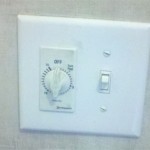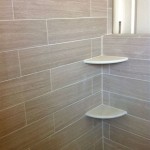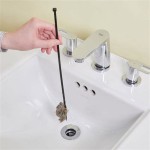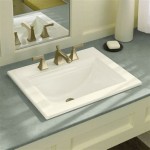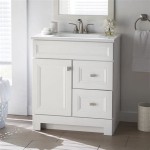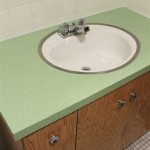How To Rough In Plumbing For New Bathroom
For achieving a functional and visually pleasing bathroom, it's essential to rough in the plumbing appropriately. This involves planning, selecting materials, and executing the installation with precision. The essential aspects of roughing in plumbing for a new bathroom include layout, material selection, code compliance, and tool and knowledge preparation.
Layout planning involves determining the placement of fixtures, such as the sink, toilet, and shower, to ensure proper functionality and efficient water flow. Material selection should consider factors like durability, aesthetics, and cost. Code compliance ensures that the plumbing system meets building codes to guarantee safety and functionality. Proper tool and knowledge preparation is essential to ensure the accuracy and efficiency of the installation.
1. Planning the Layout
The layout of the bathroom determines the positioning of plumbing fixtures, such as the sink, toilet, shower, and bathtub. It's important to consider the relationship between these fixtures to ensure efficient water flow and prevent conflicts during installation. Proper planning also helps to identify the optimal locations for water supply lines, drain pipes, and vents.
2. Selecting the Right Materials
The choice of plumbing materials has a significant impact on the durability, aesthetics, and cost of the bathroom. Pipes can be made of copper, PVC, or PEX, each with its own advantages and disadvantages. Fixtures, such as sinks, toilets, and faucets, can be constructed from materials like porcelain, stainless steel, or acrylic, offering varying levels of durability and style.
3. Ensuring Code Compliance
Building codes provide guidelines for plumbing installations to ensure safety and functionality. These codes regulate aspects such as pipe sizing, fixture placement, and ventilation requirements. Compliance with building codes is crucial for obtaining permits and passing inspections. It also ensures that the plumbing system meets minimum safety standards and operates efficiently.
4. Preparing Tools and Knowledge
Proper tool selection is essential for efficient and accurate plumbing installation. Common tools include pipe cutters, wrenches, pliers, and a level. Additionally, basic knowledge of plumbing techniques, such as soldering, gluing, and threading, is necessary to ensure proper connections and prevent leaks. If you are unfamiliar with these techniques, it's advisable to consult a professional plumber.
Conclusion
Roughing in plumbing for a new bathroom requires careful planning, material selection, code compliance, and proper tool and knowledge preparation. By considering these essential aspects, you can ensure a functional, durable, and aesthetically pleasing bathroom.
What Does A Bathroom Plumbing Diagram For Rough In Look Like Quora

Proper Ways To Relocate Plumbing When Renovating A Bathroom Kevin Szabo Jr Services Local Plumber Tinley Park Il
Plumbing In The Downstairs Bathroom Blog Homeandawaywithlisa

Plumbing Diagram Bathroom Shower
How To Plumb A Basement Bathroom Diy Family Handyman
:strip_icc()/SCP_173_04-a5f887244add47e48d7a24d0579341d7.jpg?strip=all)
The Ultimate Guide To Bathroom Plumbing Diagrams And Layouts

Rough In Plumbing Bathroom Dimensions Jim The Home Guy
During The New Construction Phase How Costly And Difficult Is It To Run Extra Plumbing Be Left Dormant For A Future Full Bathroom Quora

Basement Bathroom Plumbing Planning For A Below Grade Lavatory

Rough In Plumbing
Related Posts
